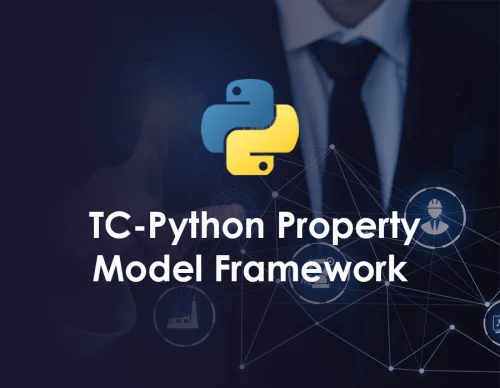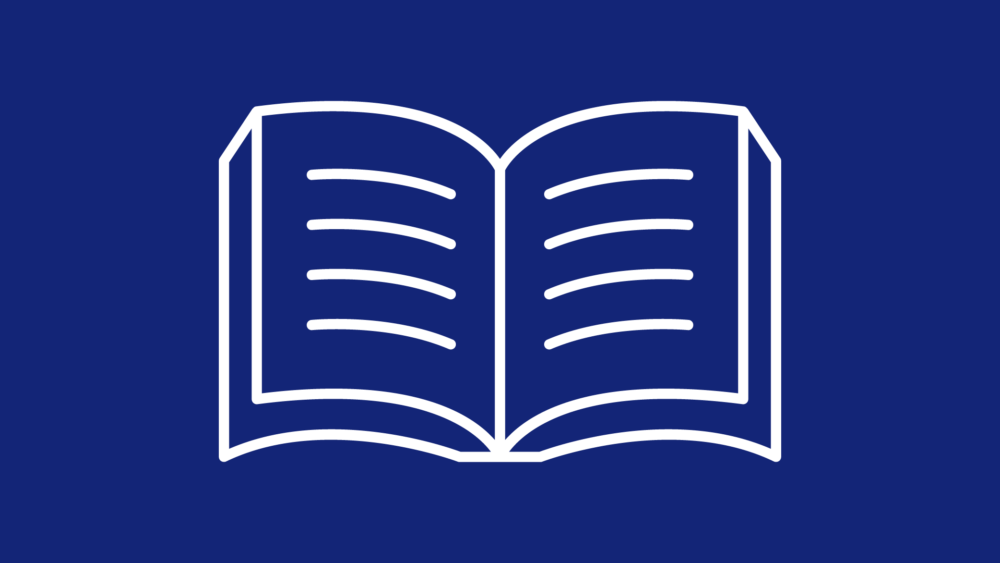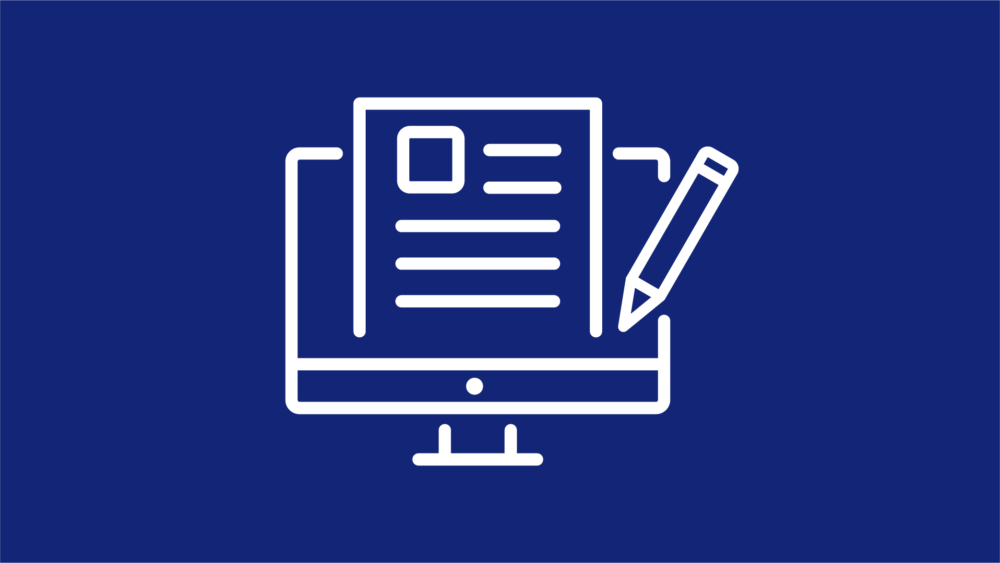
About TC-Python
TC-Python is a Python™ language-based SDK available with Thermo-Calc which allows for easy and flexible coupling of Thermo-Calc calculations with other software programs. It was built in the popular language Python™ to give Thermo-Calc users access to many other programs, such as numerical packages like NumPy, SciPy, and TensorFlow, which can now be used in combination with our calculations. It can also be used from within Jupyter notebooks or comparable interactive Python™ consoles.
Many outstanding open source programs are written in Python, so users who have a license for TC-Python have countless options for coupling with free, high-quality development tools. It is truly a tool for Integrated Computational Materials Engineering (ICME).
TC-Python can also be used to develop custom Property Models for the Property Model Calculator. User developed Property Models allow you to customize Thermo-Calc to meet your modeling needs.
Designed to Be Easy to Use
The Python language is easier to start with than many other programming languages, for example, Fortran or C, making it a good option even for those unfamiliar with programming languages. TC-Python was designed to be easy to learn and easy to use. For example, it:
Includes Almost All Calculation Types from Thermo-Calc
From TC-Python, users have access to nearly all Thermo-Calc calculations available from within the Thermo-Calc Graphical Mode, as well as the Add-on Modules, and the majority of features available in the classic Console Mode, including:

Learn More about TC-Python
Exploring chemistry and additive manufacturing design spaces: a perspective on computationally-guided design of printable alloys
High-Throughput Exploration of Refractory Superalloys with Experimental Verification
Navigating the BCC-B2 refractory alloy space: Stability and thermal processing with Ru-B2 precipitates
Thermodynamic and Kinetic Simulations on Joining and Additive Manufacturing Processes for an ICME Framework
A collection of videos teaching about TC-Python and demonstrating its capabilities.
Modeling the precipitation processes and the formation of hierarchical microstructures in a single crystal high entropy superalloy
Get support for any issues with TC-Python with our diagnostic tools and highly trained support staff.








